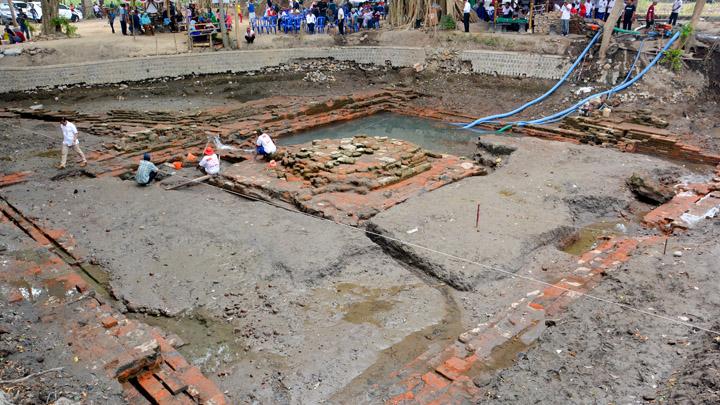
TEMPO.CO, Jakarta - In Makassar, South Sulawesi, Kusnadir travels from one restaurant to another several time a week. But it is not to enjoy the culinary offerings of the eateries he visits. He would borrow his friend's car for the task, a small SUV with ample room in its trunk. At every restaurant he goes to, Kusnadir, 26, would go to the restaurant owner or manager and ask if he could buy their used cooking oil.
Kusnadir can usually get 100 to 200 liters of waste oil at one time. In a month, he collects more than 1,000 liters, or the equivalent of one ton. Restaurants peddle their used oil at Rp1,500 to Rp2,000 per liter. Kusnadir then sells the oil to Garuda Energi Nusantara (GEN) Oil, a social enterprise that extracts biodiesel from waste cooking oil, at around Rp2,500 to Rp3,000 per liter.
"In a month I can make Rp2 to 3 million, sometimes Rp5 million if there is a big amount from restaurants. The biggest suppliers of waste cooking oil are often Padang restaurants," he said.
Before he began collecting used cooking oil for GEN Oil, Kusnadir was a graphic designer for a company in Makassar. When the economy took a downturn, he was laid off. Kusnadir was unemployed for months before he spoke with Achmad Fauzy Ashari, one of GEN Oil's founders. The two had known each other since 2010.
"He asked if I wanted to join as a collector. After finding out what they were doing, I thought this was not just a great opportunity, it was also good for the environment," he said, adding that he has been on this job for two years.
He noticed that many restaurants in Makassar would carelessly dispose of their used cooking oil without giving much thought to the surrounding environment. Kusnadir saw that the oil ended up polluting the city's water and streets.
Kusnadir hopes he will be able to collect more of this restaurant by-product so that his earnings can increase and he can put away some savings. "I still freelance as a graphic designer to earn extra income," he said.
GEN Oil is a company that began with a high schooler's idea back in 2011. Andi Hilmi Muttawakil recalled there was a fuel crisis in Makassar that year and people had to queue for hours to fill up their tanks at gas stations. Eventually, angry people turned to the streets to protest the fuel crisis.
"Protesting won't solve anything, I thought. They were only making demands to the government without actually providing any real contribution," he said.
Hilmi had just found his passion in science after participating in a school competition. He had built a rocket, which failed due to a technical error. Hilmi was devastated, but the incident ignited his drive to create a better invention.
He was immediately taken by physics and biochemistry and spent long hours reading books on these subjects. At a young age, Hilmi had already become an active researcher. When the fuel crisis struck two years later, he began thinking of ways to solve the problem.
"I found in my research that 40 types of energy could be used to substitute fuel, but the most feasible kind for us was biodiesel," said 21-year-old Hilmi.
He tried to approach the local government and the private sector to fund his idea in 2012 and 2013. But his efforts did not bear much fruit. Instead of giving up, Hilmi chose to think positively and took his time perfecting his biodiesel processing machine prototype. (*)
Read more inspiring Outreach stories in Tempo English Weekly News Magazine























